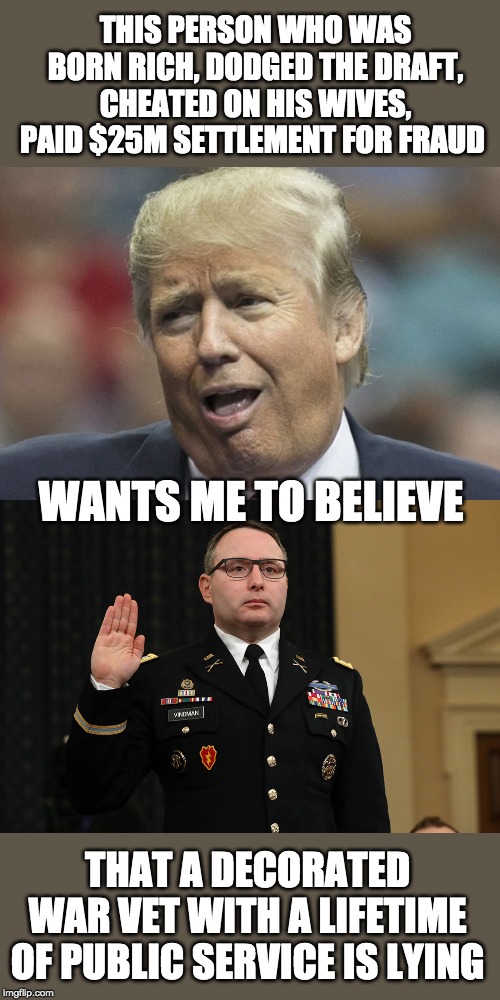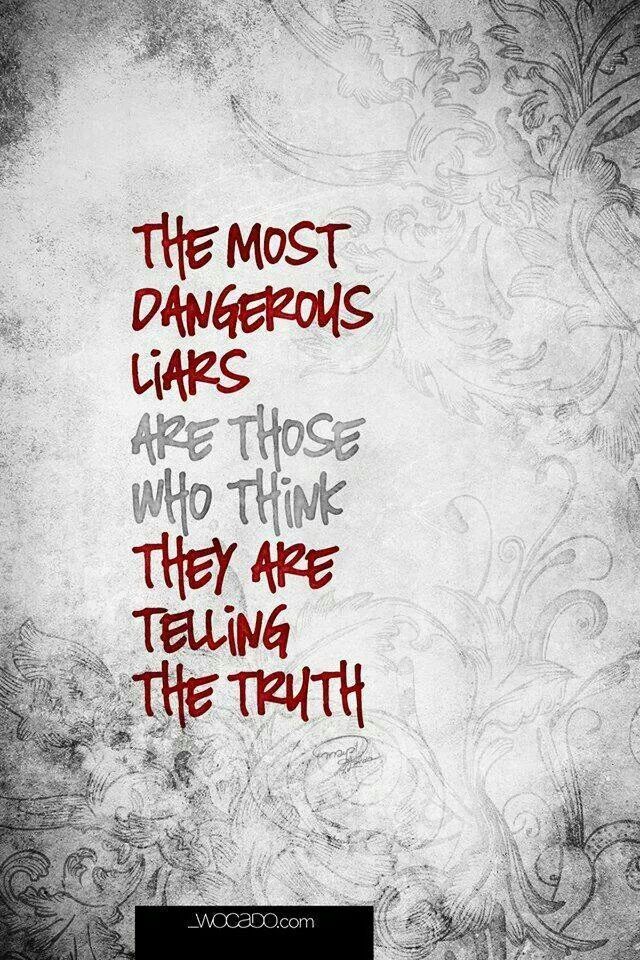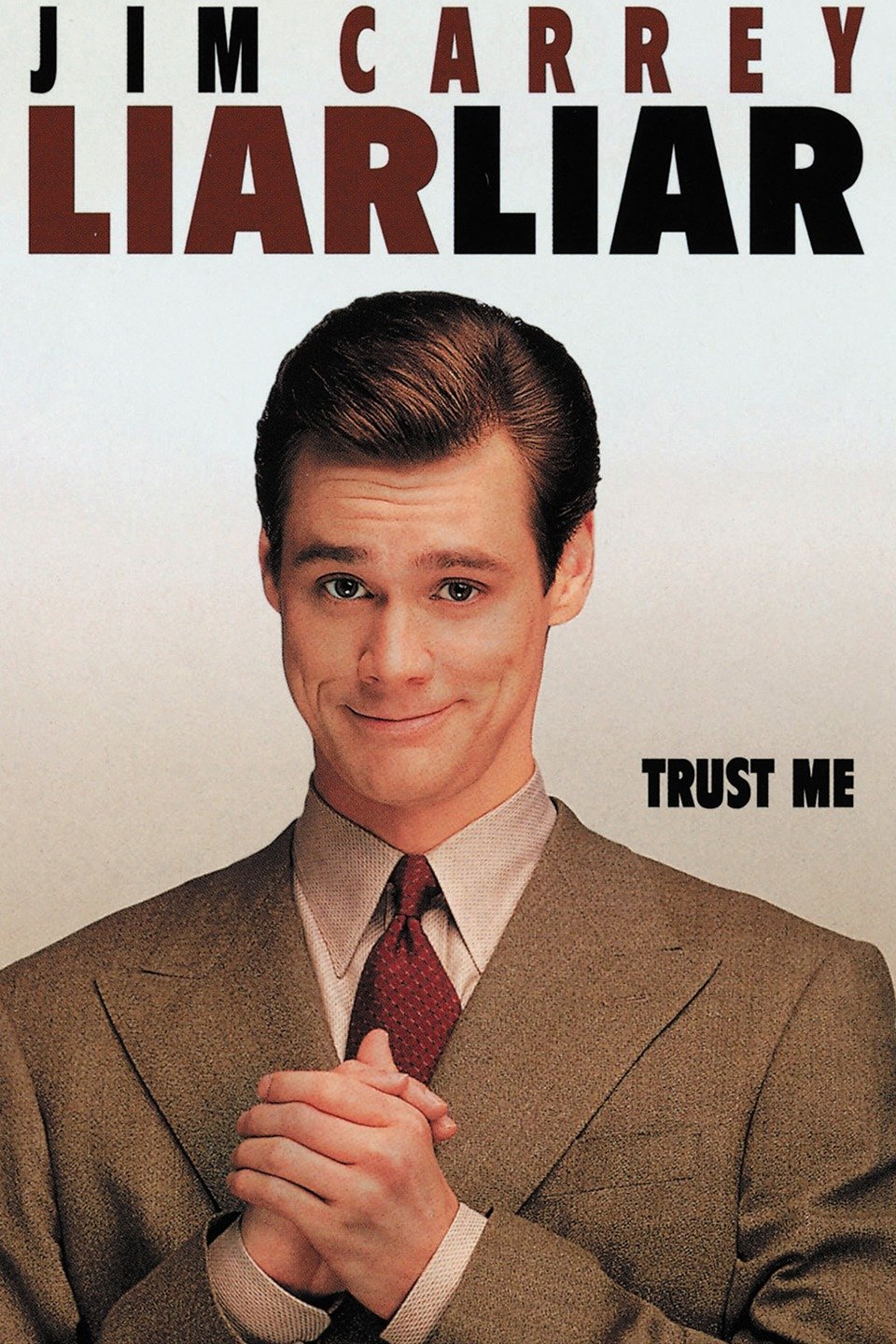Simple Info About How To Be A Great Liar

The former fbi informant charged with lying about the bidens’ dealings in ukraine told investigators after his arrest that russian intelligence officials were involved.
How to be a great liar. During deception encounters, a liar often faces unexpected. A psychology professor outlines the top tips. Liars are more likely to tell the truth in an individual setting.
Now scientists are trying to fix the problem of. 10 tips for how to be a good liar (and not get caught) 1. Lie indiscriminately about a wide range of topics.
Lies to cover your back. We’ve been getting lie detection wrong for 100 years. Good liars are rapid thinkers.
Now scientists are trying to fix the problem of how to spot a liar. There is no need to escalate things unless necessary. This will prevent the other person from getting suspicious.
Flickr via ignas_kukenys if you're a bad. Dive into her 17 favorite books about truth, dishonesty, and all the gray areas in between.
If you want to become a better liar, there are certain strategies you can use to easily convince people that you’re telling the truth. Here's what's giving you away. Maybe your father is your only.
Asking an interview subject to draw a sketch can potentially reveal whether they are telling the truth. Part 1 establishing an effective lie download article 1 keep your lie simple. Tippapatt/getty images “we find that lie tellers try to.
The ability to think on your feet is essential to being a good liar. 15 signs of a pathological liar. 1 talk to them one on one.
These typically consist of excuses, defensive lies or shifting blame to explain absences, being late and projects not getting done on time or at. Include details that make your lie seem legitimate, but not so many that it becomes. February 3, 2014 are you are a good liar?
Maintain a calm, composed tone at all times. If you express how hurtful it is to be lied to, pathological liars respond numbly: How to be an effective liar october 24, 2014 lying is considered a bad thing, but ask anyone to justify a lie they've told and they probably can.


















